Book Review: The Capital of Dreams by Heather O’Neill
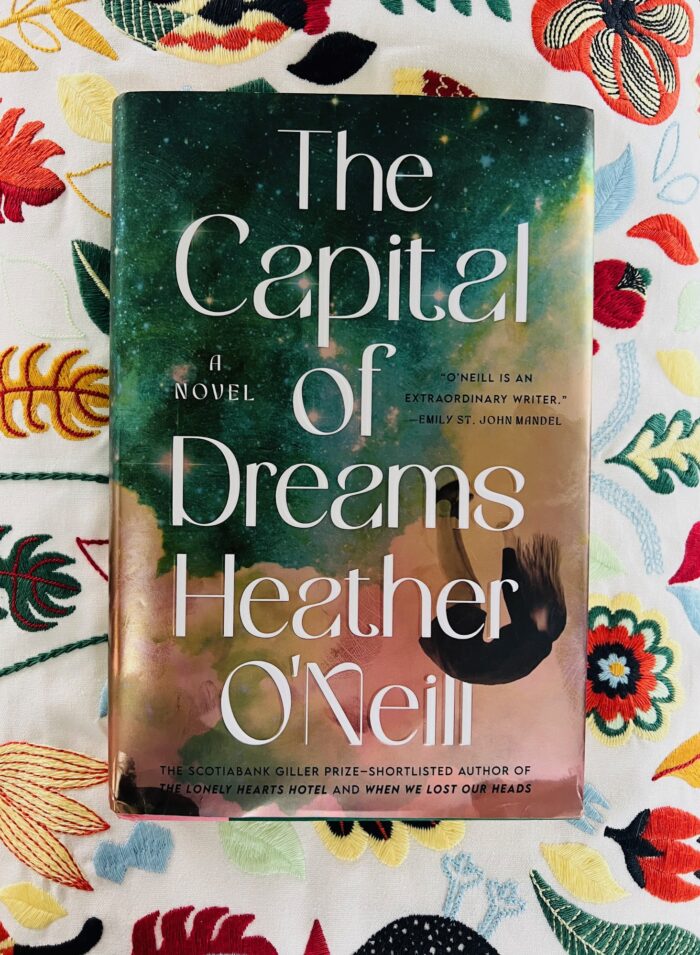
This is the first Heather O’Neill book I’ve ever read, and as a Canadian who prides myself on reading widely, I’m embarrassed to admit that! O’Neill has written a few works of fiction, many of them award-winners, so I was delighted when I could join the band of O’Neill fans after I read her latest release, The Capital of Dreams. Similar to her other writing this book includes magical elements but with a strong thread of characterization and personal development. There are many interesting elements to dive into with this one, it’s the type of book that will likely make it’s way onto some university reading lists to dissect in class, if it hasn’t already. This of course makes it perfect to write a review on as well.
Plot Summary
Fourteen-year-old Sofia lives in an opulent apartment with her famous mother Clara Bottom, a feminist writer whose work is celebrated throughout their small European country. They live in the Capital, a city with a flourishing arts scene, a place where artists are revered and paid handsomely, where all kinds of sexuality are accepted and demonstrated, and where life seems easy, enjoyable, and fun. But they are invaded by “the Enemy”, and that life is coming to an end. Artists in particular are targeted, so Clara begins to write furiously, a story that will make it out of the Capital and alert the countries around to them what’s going on. As food become scarce and bombs start to fall regularly, Clara sends Sofia with the other remaining children on a train out to the country, with strict instructions to stay with her grandmother, and keep her manuscript safe. But it quickly becomes clear that this train was a trap, yet Sofia escapes and finds herself on her own, in the woods, with only a talking goose for companionship. As she roams the countryside looking for shelter and food, she learns what it is to become a woman – the positive, and the negative sides of becoming an adult. Having lost her mother’s manuscript she decides to search for the famous “Black Market”, sure the book will end up there eventually so she can fulfill her duty. But as the war rages on her travels become more and more dangerous as people become more desperate. She meets those on both sides, realizing the luxury she lived in before was one of the very things this war is focused on.
My Thoughts
Many elements of fairy tales are found in this book; violence, magical beings, an ethereal quality to time passing, uncaring family members, and the promise of something better. The most prominent theme that runs throughout is the idea of motherhood, and how Clara has apparently failed at it. Sofia did not feel loved by her mother, and when the war begins and they are forced to spend more time together, Sofia clings to this opportunity to be with her mother, admitting it’s the happiest time in her life. However she resents Clara for sending her away on the train, and believes her mother prizes her writing above her own daughter:
“The train station was filled with mothers. Sofia believed that when a train pulled out of the station, all the mothers felt a burden lift from their shoulders. In Sofia’s mind, wartime was the most wonderful time for married women in the city. They all went back to behaving like young girls. Women never actually liked being mothers; they only liked the idea of motherhood beforehand.” (p. 6 of The Capital of Dreams by Heather O’Neill, hardcover edition)
Having read this book through my lens of being a mother, but also empathizing with Sofia’s plight, I found myself torn between the two perspectives. O’Neill very deftly swings us back and forth between Sofia’s present nightmare and longing for the ‘before’ times; her judgements of her mother’s behavior and her resentment towards her lack of motherly love. There’s no question that Clara is not a typical mother figure, but as the plot progresses, it’s not clear whether she is as unloving as Sofia believes her to be.
And like fairy tales, there is an unescapable darkness to this story; Sofia comes across many bodies, victims of those who were not as clever as her, or who didn’t have a travelling companion to save her at the right moments. The talking goose isn’t always a warm presence, he can be downright grouchy, but his inclusion prevents the story from falling into an even darker place, keeping her childlike for as long as possible, a symbol of Sofia’s innocence.
This is a thoughtful book, and I appreciated its consideration of the various impacts of war. For many The Capital was a utopia, and although its inhabitants do not deserve the violence brought upon them, O’Neill humanizes “the Enemy” with the appearance of particular characters in Sofia’s travels. Instead, war itself is framed as the true enemy – a mechanism that transforms people into monsters, bringing out the worst traits of everyone involved. There are no winners in war, or in this book, but it’s a lovely and puzzling work of art that you’ll enjoy reading.

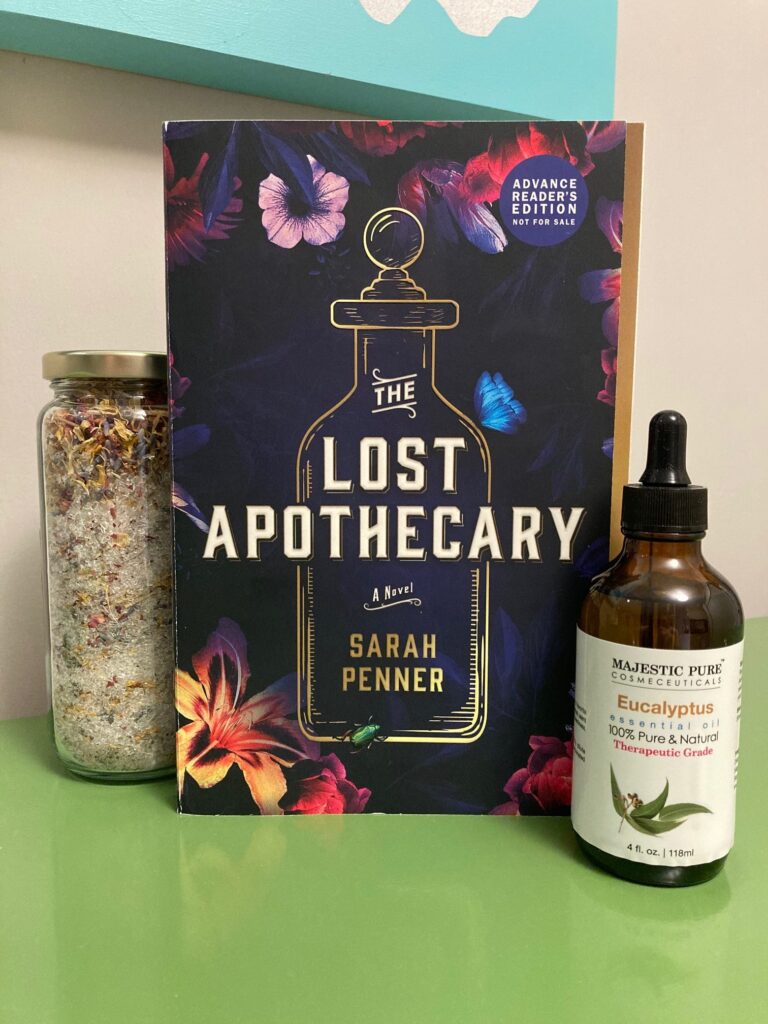
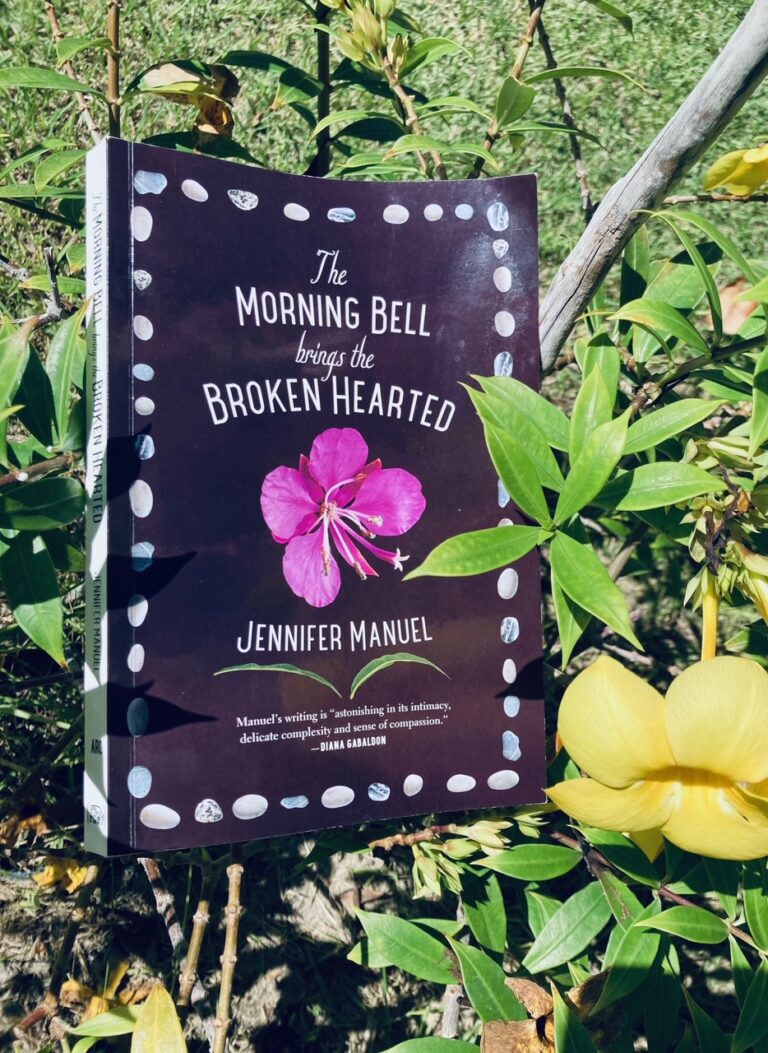
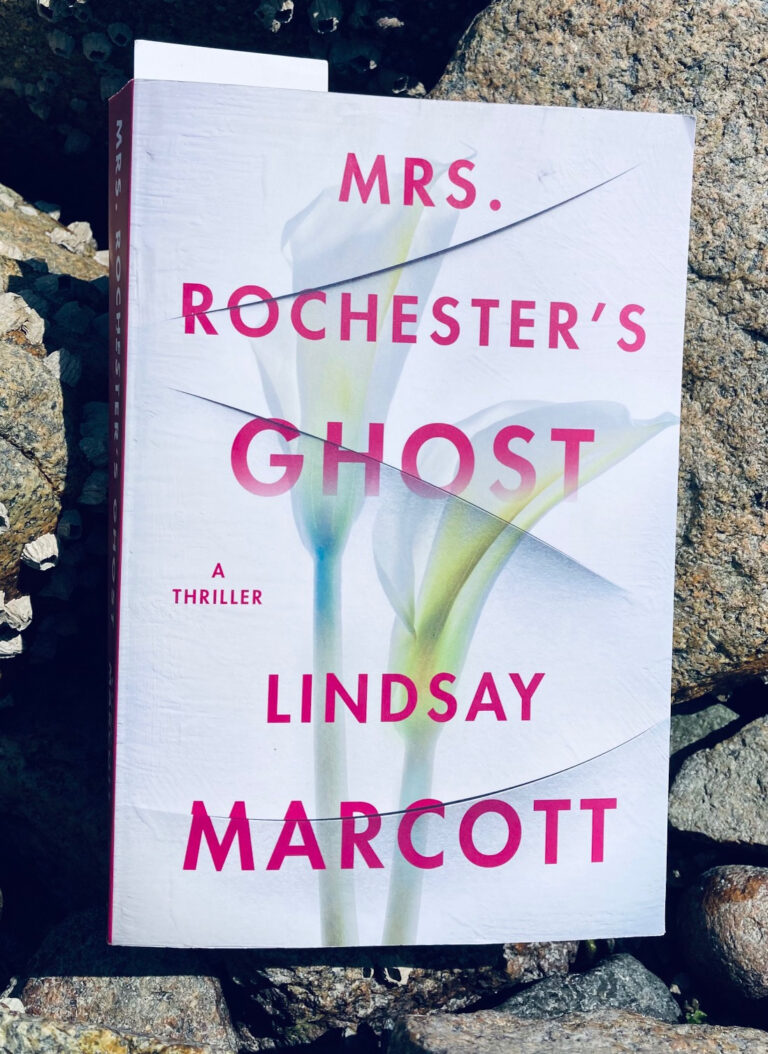
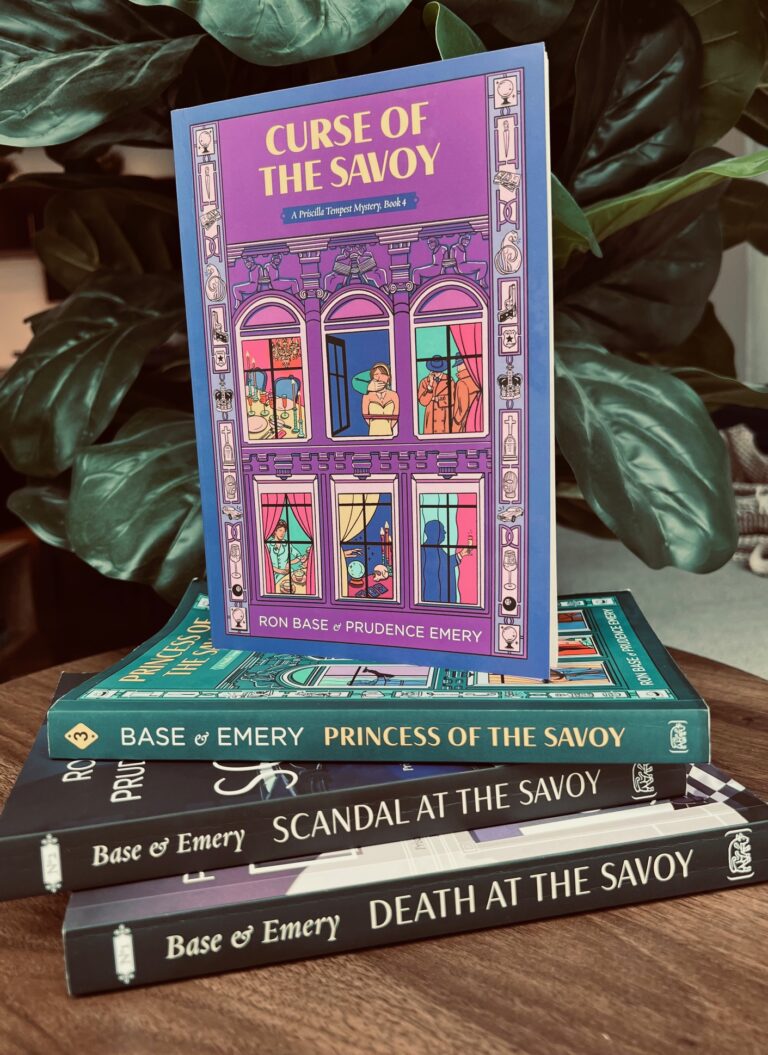
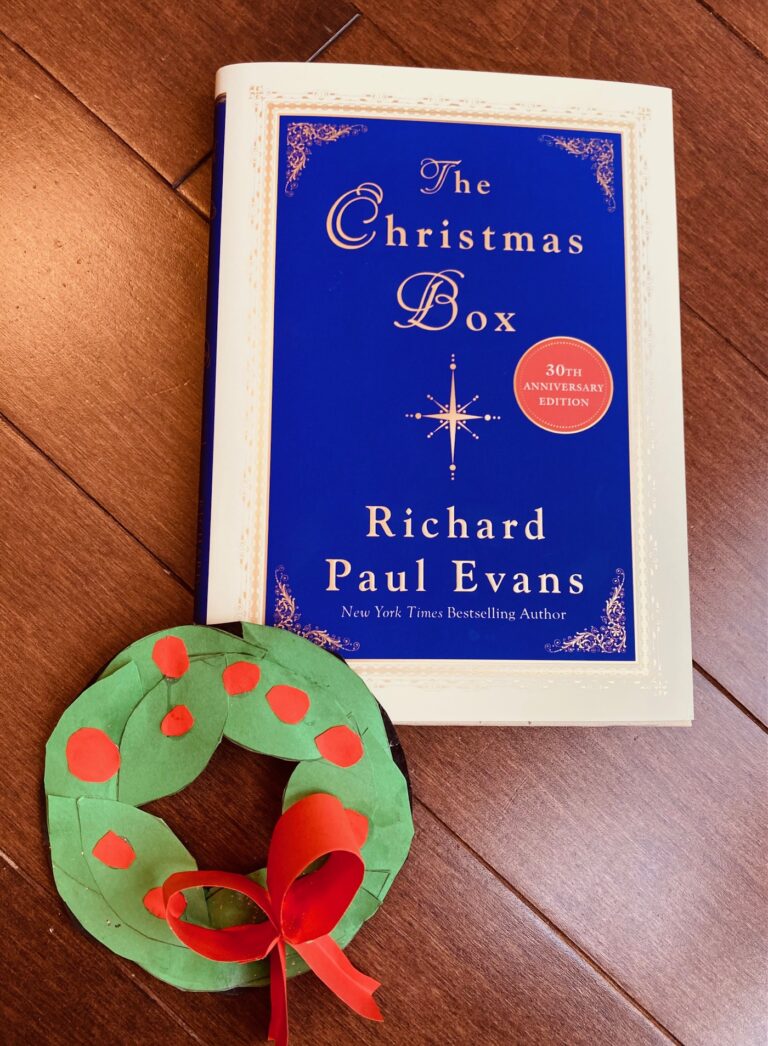
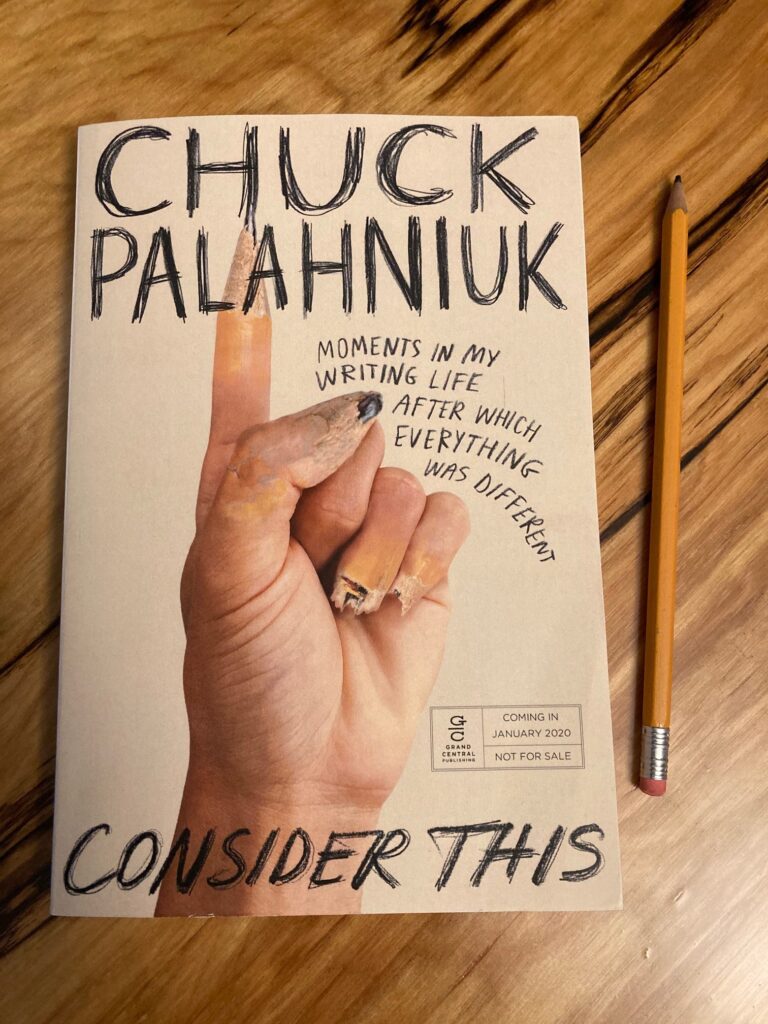
Given that you have successfully avoided her for soooo long, I’m very curious how you ended up plunging into her work with THIS one? (I haven’t read it yet myself, but I hope to get caught up with her soon. The fairy tale aspects sound especially interesting.)
It’s a very disappointing answer – this is the first time the publisher has sent me a copy of her book! I can’t remember if I requested it, or if it was unsolicited, but that’s the only reason LOL
I think the hard thing about mothers from a child’s perspective is that we don’t realize that if our mothers have a history that came before us. So many things that my mom went through when she was growing up, and the situation she was in when we were little, absolutely dictated how she behaved and how I viewed her, but I didn’t know why I viewed her as I did.
Fun fact, when I read “only a talking goose for companionship,” my brain said, of course, get a talking goose for a friend, like you do. WTF, brain. 🤣
Yes totally Melanie! It takes awhile for children to begin to see their mothers as human – not just their mothers. Also, I would love to have a talking goose as a friend, so I agree with your brain :)
I thought it sounded quite interesting till you mentioned the talking goose! Haha, I fear I’m just not good with folk tales or magical elements in books. Glad you enjoyed it though!
haha yes there are definitely magical elements in this, as is all her writing, so you’re probably good to take a pass on this writer FF
This sounds really good. I’ve actually never heard of this author before. But it sounds like I need to check her out!
She’s a beautiful writer, but she does have a dark edge. I think you could handle it – it’s not tooo dark, if you know what I mean.